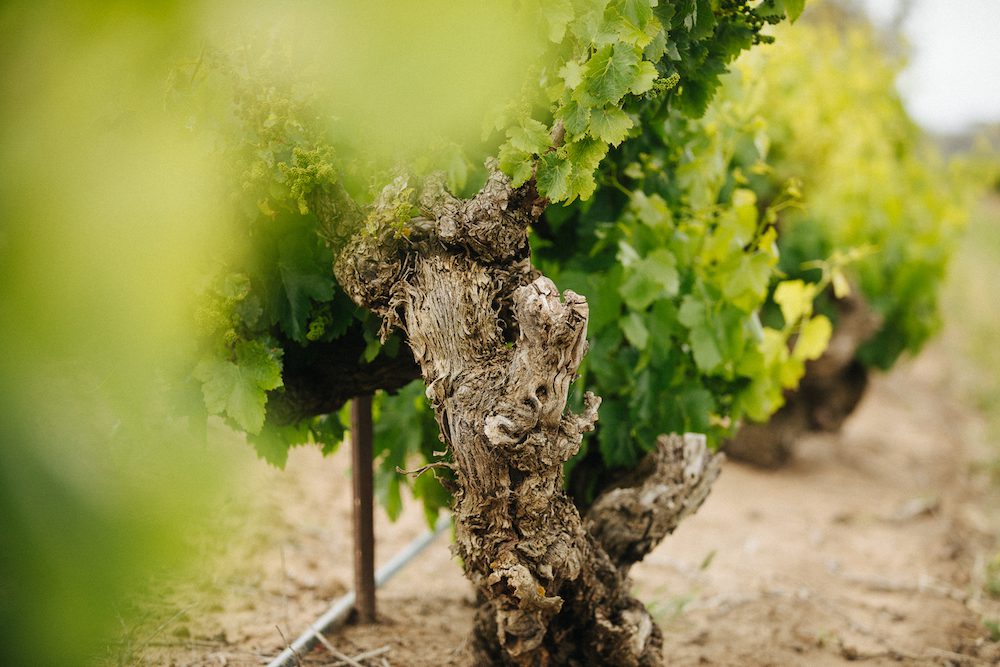
Griffith University PhD candidate Kate Kingston has been named the recipient of Wine Australia’s Dr Tony Jordan OAM Award 2022.
The award will support her research that will develop and apply innovative biochar-based technologies to help the Australian wine sector adapt to the impacts of climate change.
Ms Kingston’s research will examine the use of biochar in combination with the planting of Australian native legume plants to boost soil microbial activity and improve vine health.
It will incorporate field and laboratory work in partnership with vineyards from the Granite Belt wine region.
Biochar increases soil organic carbon and water and nutrient retention in vineyard soil.
Ms Kingston (below) says these amendments will help improve plant resilience to pests, disease, drought, heat and other extreme climatic events, reducing the potential of income loss and treatment costs.
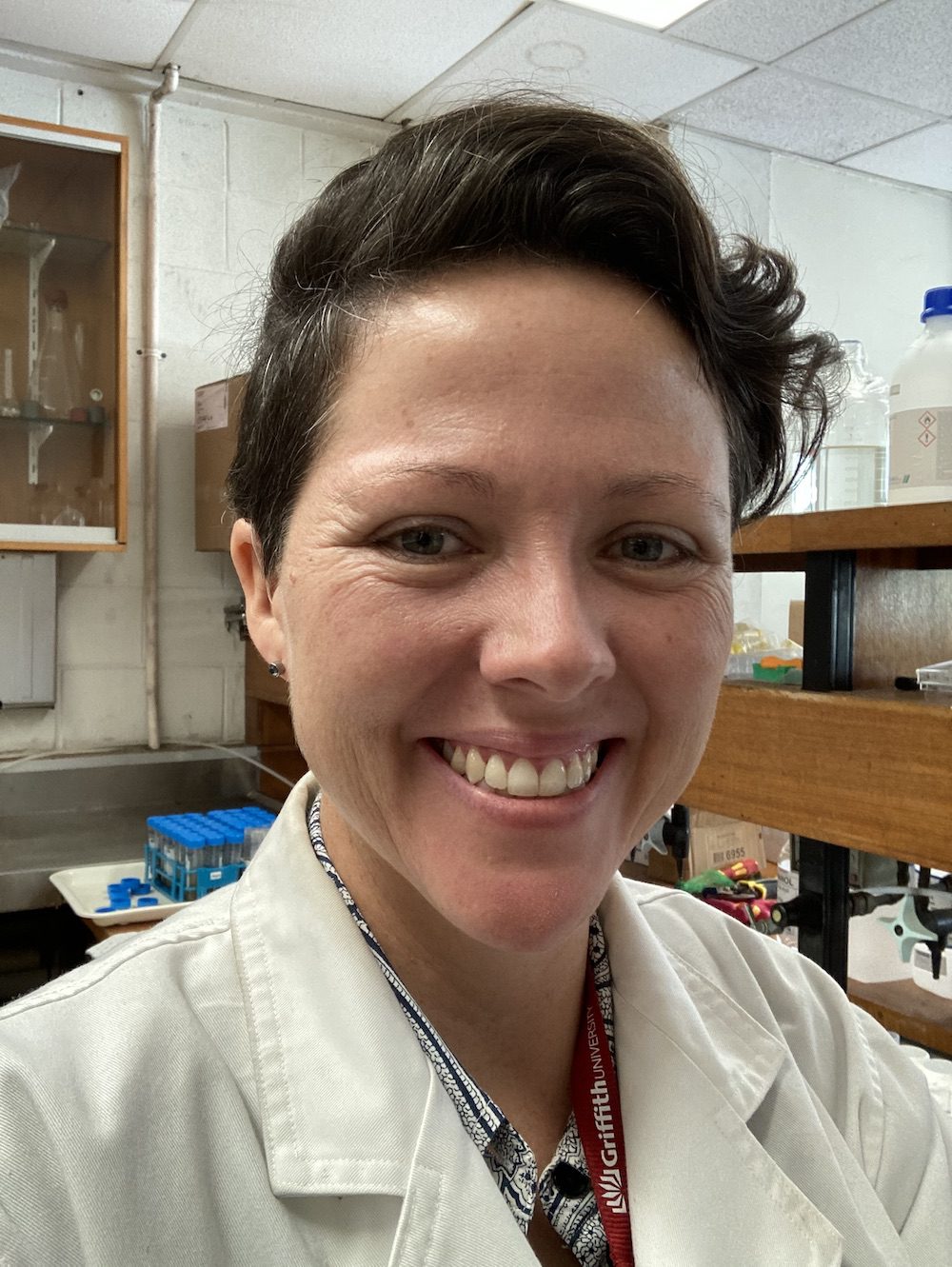
“Biochar boosts soil microbial function and plant health, which can positively impact the quality and quantity of fruit at harvest,” Ms Kingston says.
“Adding native legume plants alongside biochar has the potential to provide an organic form of nitrogen that soil microbes can transform into plant available ammonium.
“This can subsequently reduce fertilisation costs to the vineyard and loss of nitrogen as a pollutant from the system.”
The Award, named in honour of the late Dr Tony Jordan OAM, recognises the most outstanding applicant of Wine Australia’s annual top-up scholarships for PhD and Masters by Research students and provides an additional stipend of up to $40,000 towards research for the Australian wine sector.
Ms Kingston says she is delighted and honoured that her research has been recognised for this prestigious award.
“Having healthy soils with healthy soil microbes is incredibly important for mitigating and adapting to climate change on many levels,” she says.
“I sincerely hope that my PhD research will provide practical solutions for vineyards in Australia and around the world to survive and thrive through the challenges we face.”
Wine Australia General Manager Research, Development and Adoption, Dr Liz Waters, says Ms Kingston’s research will support the Australian wine sector to achieve greater impacts in sustainability.
“Ms Kingston’s research is set to provide key insights into the possible role that biochar and alternative plant species can play in building resilient vineyard soils,” Dr Waters says.
“We were delighted to receive many outstanding applications for our scholarships from universities across Australia in 2021, for projects starting this year.
“The successful applicants demonstrated a keen understanding of the challenges our sector faces and of opportunities for innovative solutions.
“In addition to our scholarship program, this year we are also delighted to partner with the University of Adelaide to support a further five PhDs aiming to provide specific outcomes for the Australian grape and wine community and we look forward to finalising these.”
Applicants for Wine Australia’s annual scholarships presented an exciting array of topics, with the eight successful candidates investigating key areas for Australian grapegrowing, winemaking and wine business.
The scholarship recipients are undertaking their studies at Charles Sturt University, Griffith University, The University of Adelaide and the University of Newcastle. The recipients of Wine Australia’s scholarships in 2022 are:
| Student | Topic | University |
| Kate Kingston
Dr Tony Jordan OAM Award recipient |
Developing and applying climate smart and biochar-based innovative technologies for viticulture future in southeast Queensland | Griffith University |
| Irma Dupuis | The wine provenance project: blockchain-enabled wine labels, a new era for consumer trust? | University of Newcastle |
| Yanina Giordano | Alternatives to sulfur dioxide for controlling Brettanomyces spoilage in wine. | The University of Adelaide Graduate Centre |
| Praveen Kuppan | Phycosol – a novel and integrated approach for sustainable winery wastewater treatment for enhancing circular economy. | University of Newcastle |
| Joanah Midzi | Inter-vine signalling via plant volatiles. | The University of Adelaide Graduate Centre |
| Mudassir Rehman | Bait lamina probe as a farmer friendly tool for assessing soil biological activity. | Charles Sturt University |
| Colin Starkey | Alternate strategies and vineyard practices for reducing the risk of grapevine trunk diseases. | Charles Sturt University |
| Brady Welsh | Vines, wines and microbiomes: the impact of fungicides on the phyllosphere microbiome of grapevines used for winemaking. | The University of Adelaide Graduate Centre |



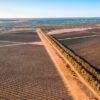

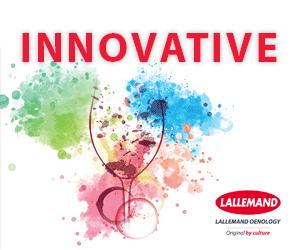
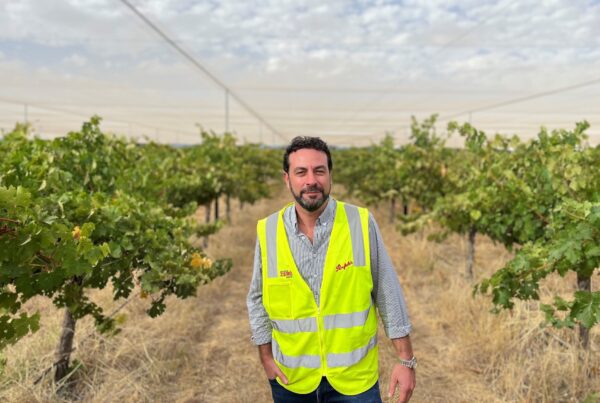


Recent Comments